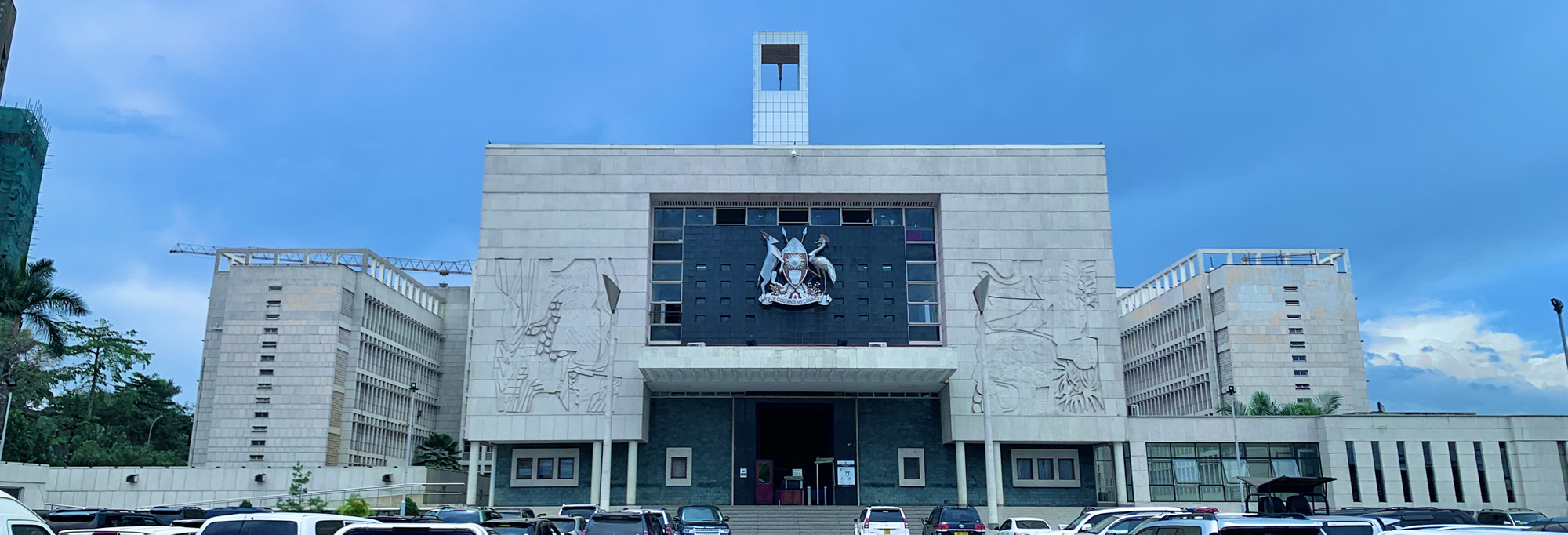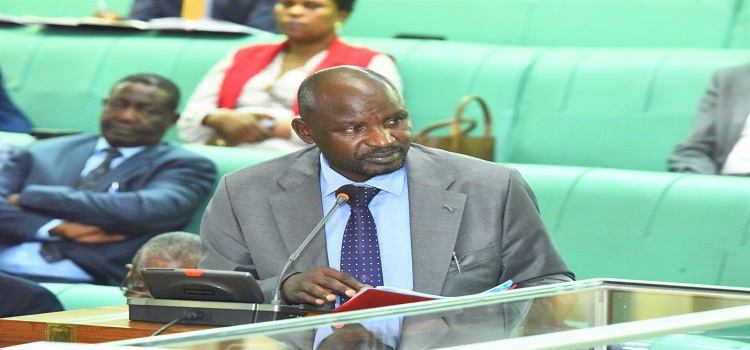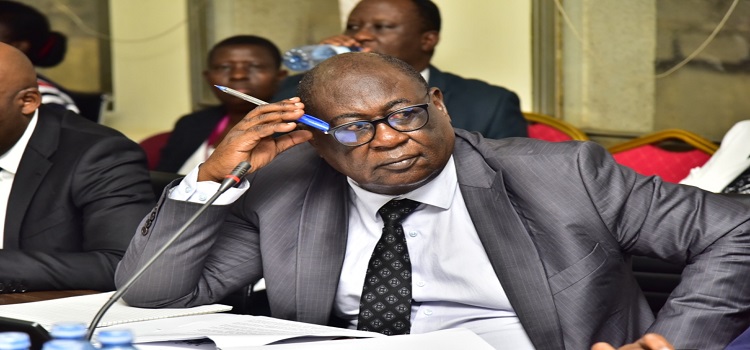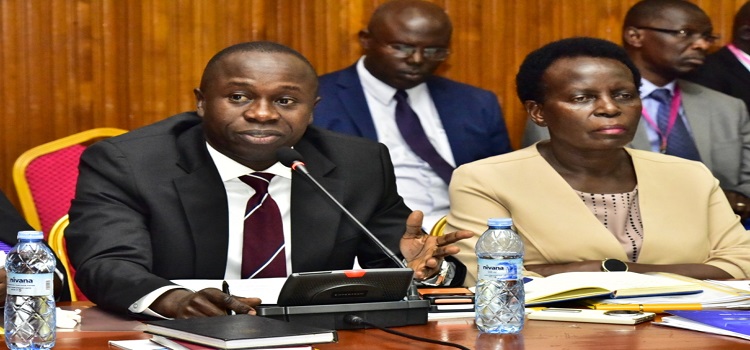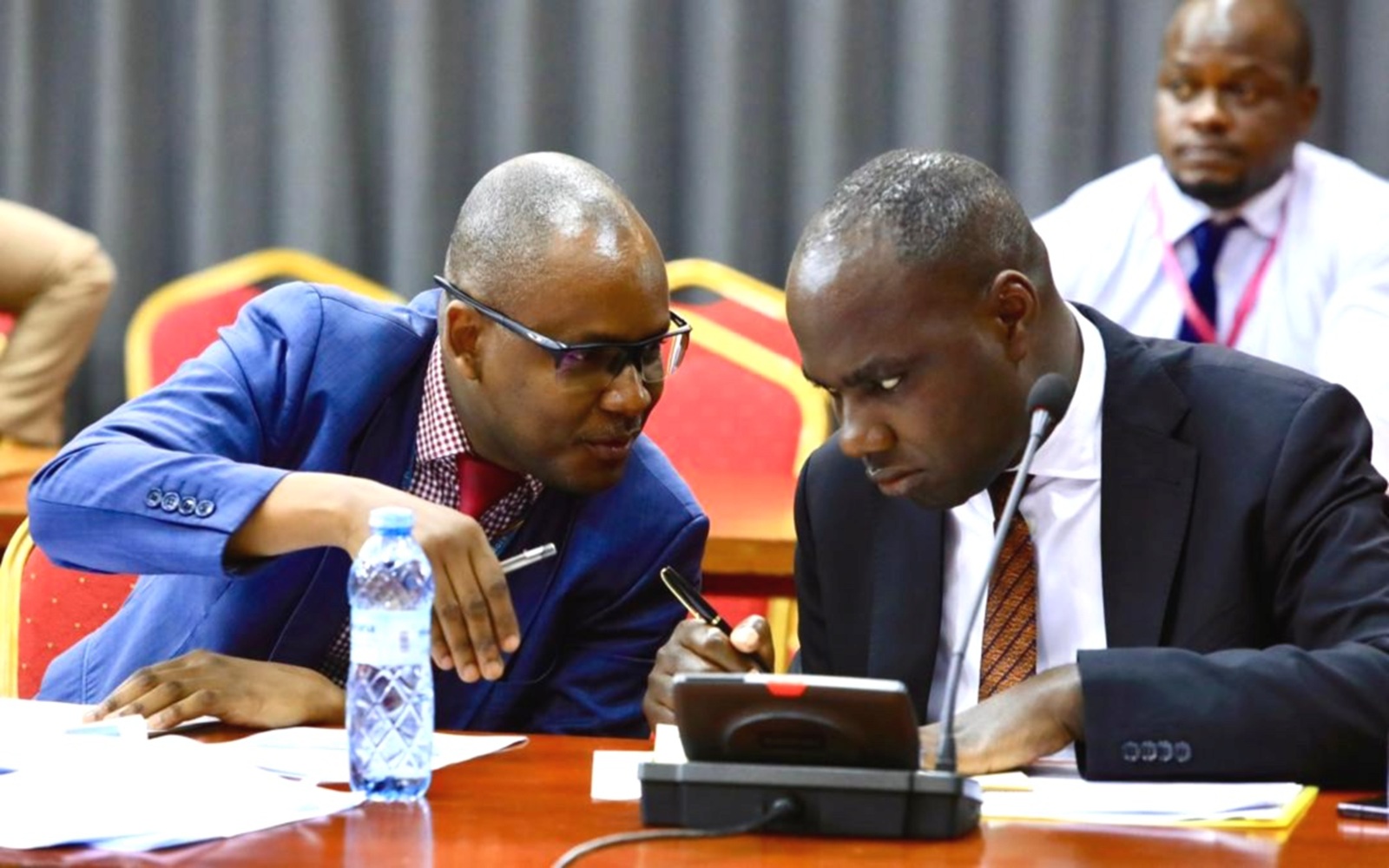Government's request to borrow up to US$96 million to finance the Investment for Industrial Transformation and Employment (INVITE) project has been authorised by Parliament.
The loan will be issued by the International Development Association (IDA) of the World Bank.
During the House sitting on Thursday, 25 May 2023, a request to receive a grant of US$104 million to finance the project, was also approved by the House.
The objective of the project is to mitigate the effect of Covid-19 on private sector investment and employment, and support new economic opportunities including in refugee hosting communities.
While presenting the report on the loan, the Chairperson of the Committee on National Economy, Hon. John Bosco Ikojo said the project aims at supporting growth oriented enterprises and address financial bottlenecks that resulted from Covid-19 shocks.
“The committee recommends that Bank of Uganda should ensure that the lines of credit are applied to only those tier 3 and 4 institutions which have been assessed and deemed qualified according to a set of key indicators,” Ikojo said.
The committee also urged the Ministry of Finance, Bank of Uganda and the Private Sector Foundation Uganda to ensure that the loan conditions are fulfilled in order to trigger the timely disbursement of the credit for the project.
Among the legal covenants of the financing agreement are that government has an adequate refugee protection framework, as well as a Project Steering Committee within the Finance Ministry, in line with regulations of the World Bank.
It also states that no withdrawal of the loan disbursements shall be made until the recipient provides satisfactory evidence to the World Bank that the INVITE Trust has been established and made operational.
Ikojo noted that the Ministry of Finance ought to fast-track implementation of strategies to enhance domestic revenue generation and reduce government expenditure in light of the public debt which stands at Shs77.97 trillion as at 30 June 2022.
“Acquisition of additional debt should be targeted towards those sectors that trigger export growth and contribute to domestic revenue mobilisation,” he added.
The committee observed that the project upon implementation, has a net economic benefit of US$371 million, with an economic return rate of 32 per cent.
“This means that the project is economically viable and impactful to the whole country and has both indirect and direct benefits,” reads the report.
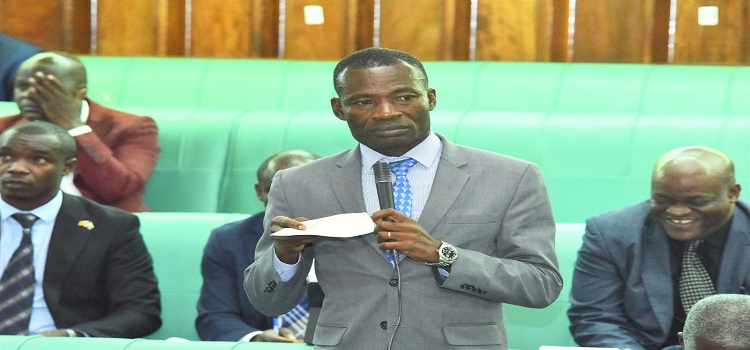
Hon. James Kubeketerya (NRM, Bunya County East) reiterated the need to empower industrial hubs with resources in an equitable and regional manner, to ensure the take-off of small and medium enterprises.
He also pointed out the need to establish loan facilities that cater for refugee communities rather than including them as elements in one particular loan request.
“I have discovered that some of these loans have an element of refugees. I wish we would have independent loans that specifically target refugees,” Kubeketerya added.
Hon. Asuman Basalirwa (JEEMA, Bugiri Municipality) moved a motion to adopt the committee report without further debate.
“The report has been presented and there is no minority from our side. In effect, we agree with both the text and context,” he said.
